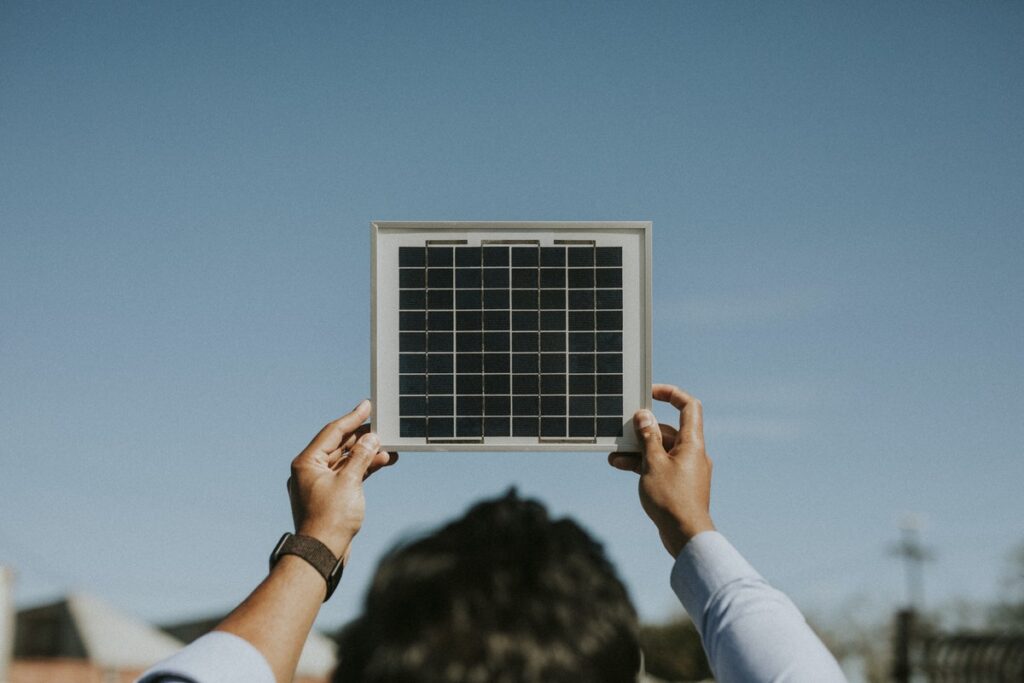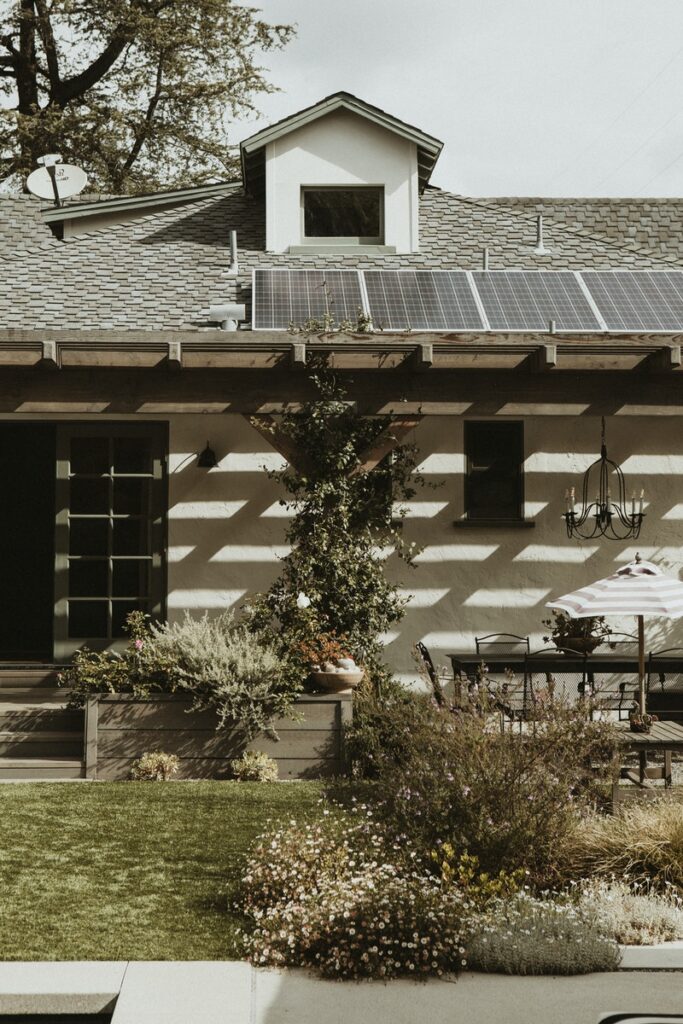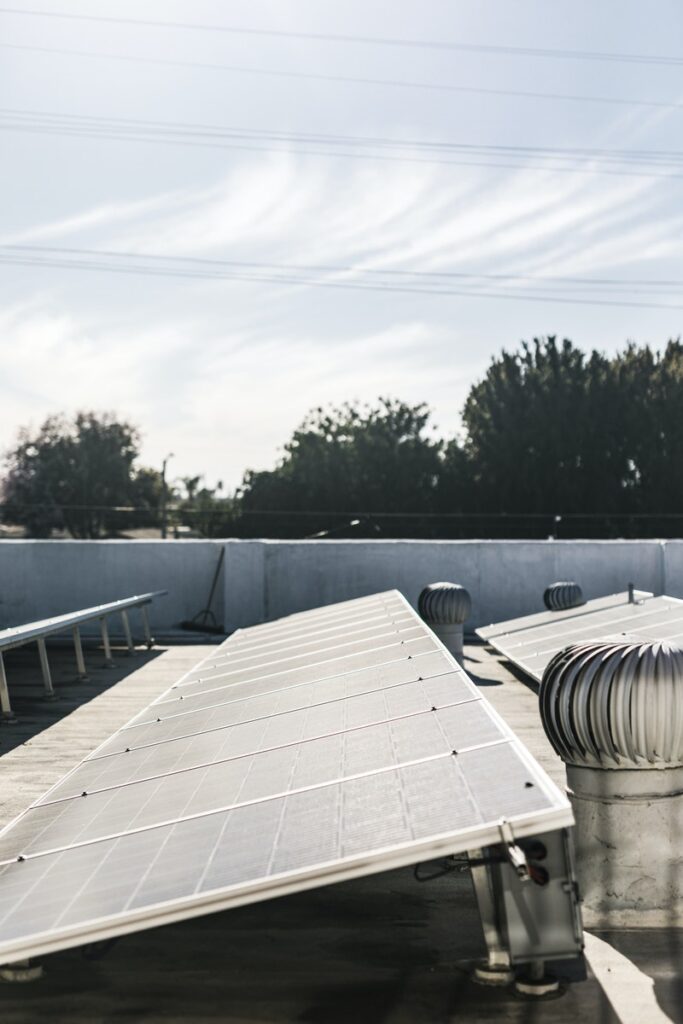
‘Solar’ has been the watchword in sustainable home energy improvements for some time now, evoking a modern, green image in the minds of the consumer whenever it’s mentioned. And sure, installation certainly represents a large initial investment (around £7’000 on average) but in the long run, it’s an investment likely to pay off in droves.
Solar panels are not only well suited for bringing down the environmental impact of your home; over time they may well also lower the cost of your energy use, too. With a suggested lengthy lifespan (at least 25 years) saving on bills and the planet certainly makes installation an appealing option. That said, there are several factors to consider before deciding on going down this route. With that in mind, here are some factors to consider when dealing with solar panels for your IDEAL renewable home.
COST EFFECTIVE CONSIDERATIONS
There are plenty of reasons why any homeowner would want to make use of solar panels for their house. The biggest financial basis is that the use of solar panels can effectively reduce utility bills (by an average of £270 on electricity a year) as their presence ensures you are utilising free energy regularly. While it is only properly effective during the day, you can still benefit from the energy they produce after dark via net metering systems as well as proper solar energy and battery storage solutions.
Of course, the fact that you’re doing your bit for the environment domestically is the other driving force behind purchase. Unfortunately, previous government incentives to install solar panels ended on March 31st 2019, but that doesn’t mean this isn’t a smart move financially.
This is because the actual value of the panels give worth to your home which could go up over time. What’s more, when considering your EPC (Energy Performance Certificate), your certificate will likely be promoted from a D to a band B through the installation of panels, which would likely amount to around £16,000 for your place’s value. Those lower (or sometimes, zero) bills we previously mentioned also make financial sense.
That said, there are quite a few things to consider for those who want to install solar panels in their home. Not everyone can effectively use such panels, which would make it a waste to invest in renewable energy if your home does not meet the requirements. When dealing with solar panels, here are some things to keep in mind…

CONSIDERING THE SOURCE
With the interest in such an investment growing year on year, there are many different companies out there clamouring for your attention and willing to sell and install solar panels in your home. While it can be quite helpful to have so many businesses focused on giving you what you want, some sources are better than others, both in terms of speed and delivery. There are even services out there that might be less honest about the viability of your house to absorb solar energy and install the panels anyway for more revenue on their part.
Do endevaour to find a reputable, reliable residential solar company here, looking into reviews and testimonials to find the best, most cost effective options for you. In general, it’s best to seek out companies who customise their offering for each individual client, as your home’s needs will be unique and the structure and geography different in each and every case.
You should also ask for accreditation and certification of a company’s performance prior to purchase. As the experts at solar Manchester services Atlantic Renewables opine, you should ensure that your provider is ”fully accredited by the MCS, which is a quality assurance scheme supported by the Energy and Industrial Strategy”.

GETTING ENOUGH SUN
One of the most crucial prerequisites when it comes to considering solar panels is the weather where you live and the direction your chosen part of roof faces. If you live in an area where the sun shines brightly for most of the year, it is a good sign that you can make use of solar panels effectively. On the other hand, if the weather where you live is often cloudy and gloomy, it might not be conducive for solar energy.
You can still try to have solar panels installed to see if it can make a difference, but it will likely result in diminishing returns. Keep in mind that to make use of renewable solar energy, your home would have to be exposed to the sun for most of the year. Those living in the south of the UK, with a south facing roof, stand the best chance of maximising the potential of their panels.
With South East England seeing an annual average of 4.5 hours of sunshine per day (the most in the UK), Brighton and Hove and Chicester are savvy places to install solar panels, with the former generating 1230 kWh per panel yearly, and taking a predicted 7 years to pay off the installation in saved energy bills. On the flipside, Inverness and Glasgow represent some of the least smart places for solar panel investment, the latter taking an estimated 11 years to pay off installation.
CONSIDERING THE SPACE
Last but certainly not least, it’s vital that you ask yourself if you actually have enough space to accommodate solar panels. Most homes have such panels installed on the roof, but not every rooftop can accommodate such panels, or at least, an amount significant enough to be worthwhile when generating energy. Do bear in mind that solar panels can also be installed in the yard or garden provided there is enough space, but you’ll need a sufficient amount of surface area for solar panels to be effective.
In general, you’ll need at least 20 and upwards of 40 solar panels installed to generate enough electricity for your home, which will take up approx 20 square metres. Any less than that and the investment will be less sensible.





